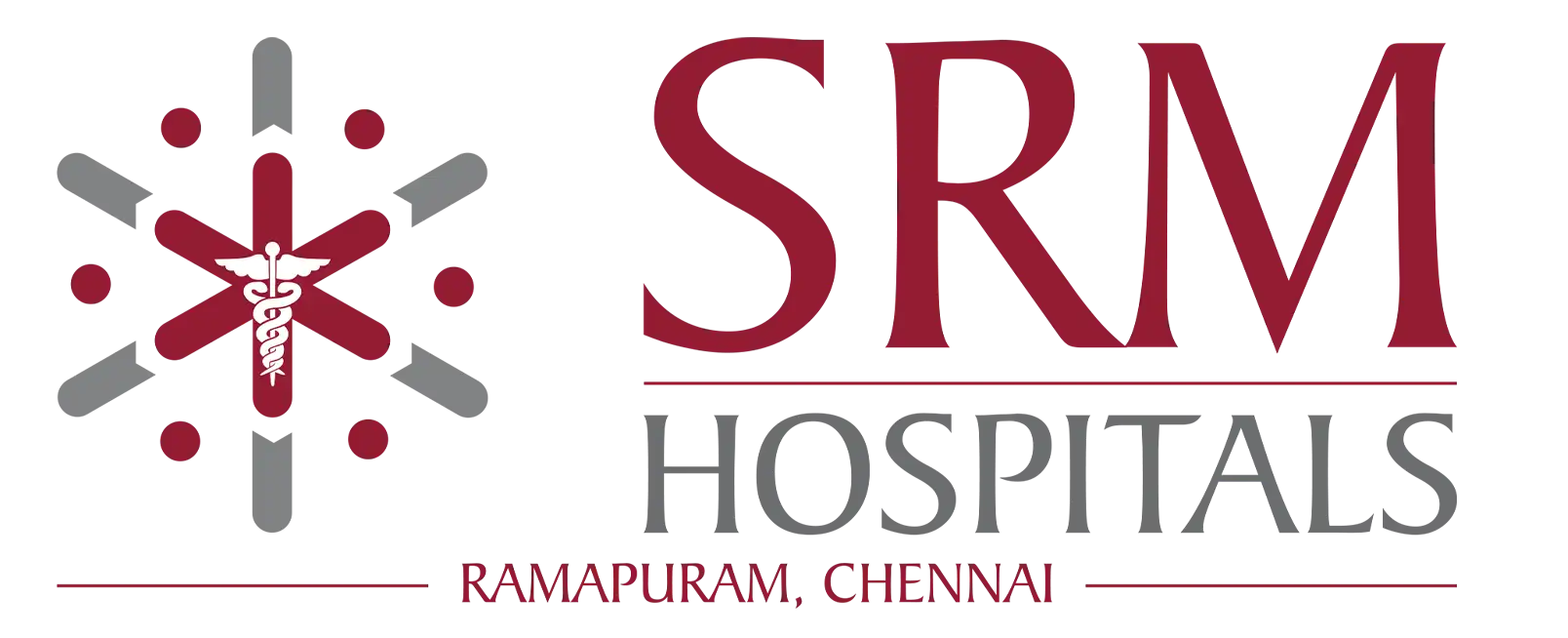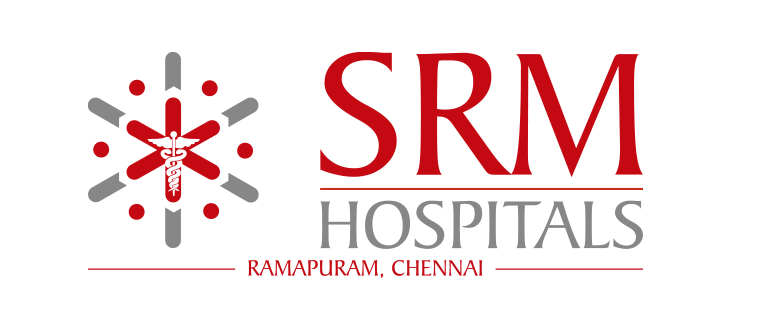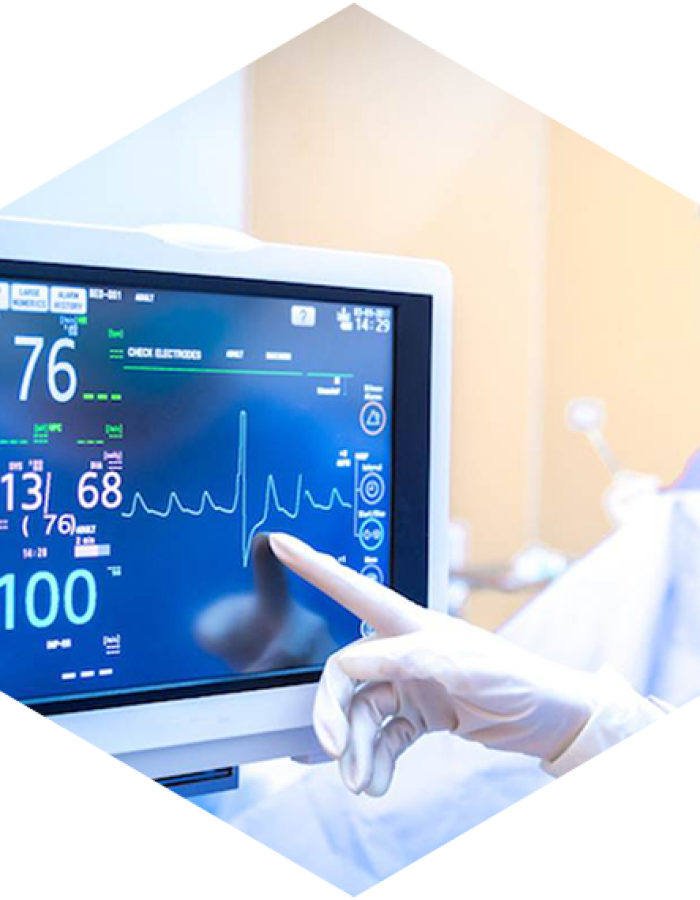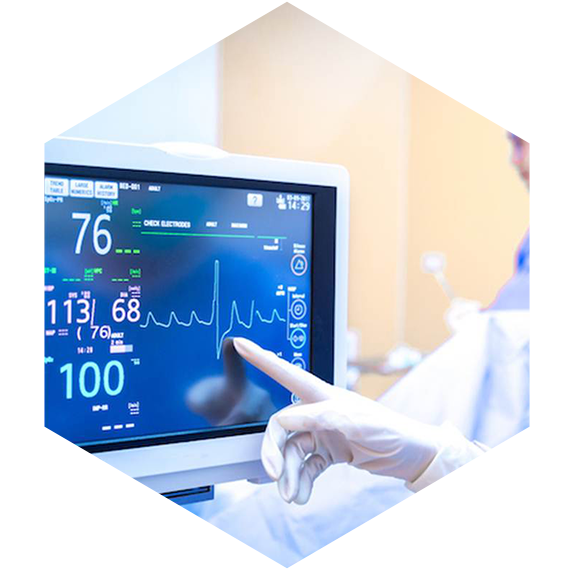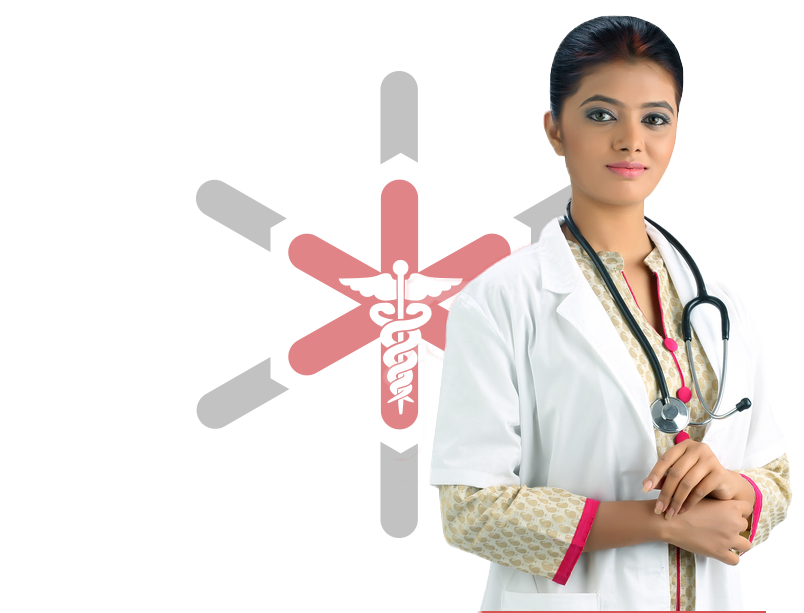What is Neurocritical Care ?
Also known as neurointensive care is the field that deals with life-threatening diseases of the brain and nervous system. Specialized Intensive care Units called the Neurocritical Intensive Care Units exist where neuro intensivists equipped with the knowledge of neurology, surgery, anesthesia, pediatric care, emergency medicine, and neurosurgery work in tandem to save a patient’s life and prevent secondary brain infections. They analyze imaging techniques and perform intracranial diagnoses. Patients suffering from stroke, traumatic brain injury, cerebral aneurysms, and more are treated in these units. Performing craniotomies, tumor resections, cerebral aneurysm repairs are some of the procedures done using intracranial invasive brain monitoring.
- Hemodialysis is a treatment to filter wastes and water from your blood, as your kidneys.
- Did when they were healthy. Hemodialysis helps control blood pressure and balance.
- Important minerals, such as potassium, sodium, and calcium, in your blood.
- Hemodialysis can help you feel better and live longer, but it’s not a cure for kidney failure.
- You may be able to do hemodialysis at home. Normally, hemodialysis begins well before your kidneys have shut down to the point of causing life-threatening complications.

